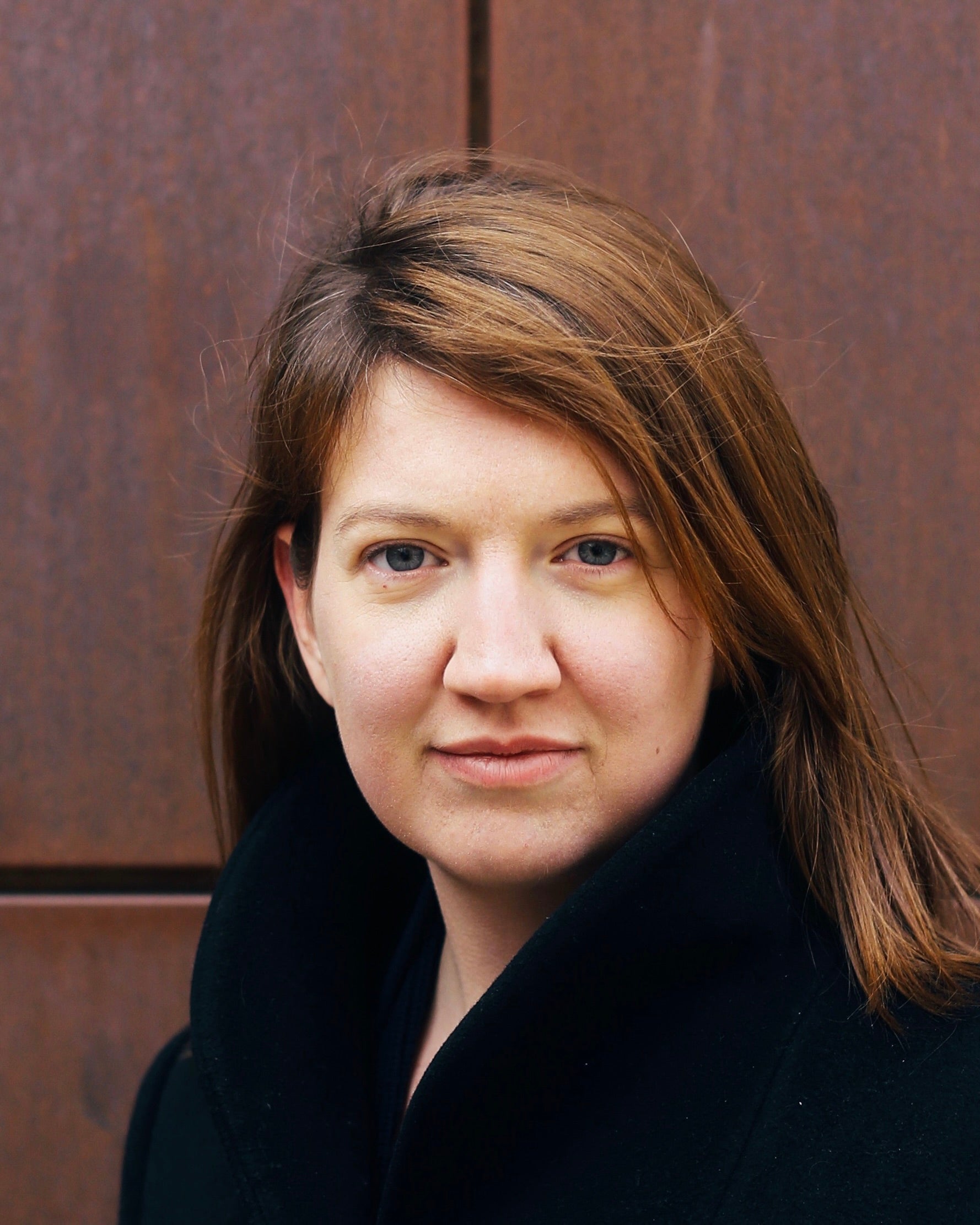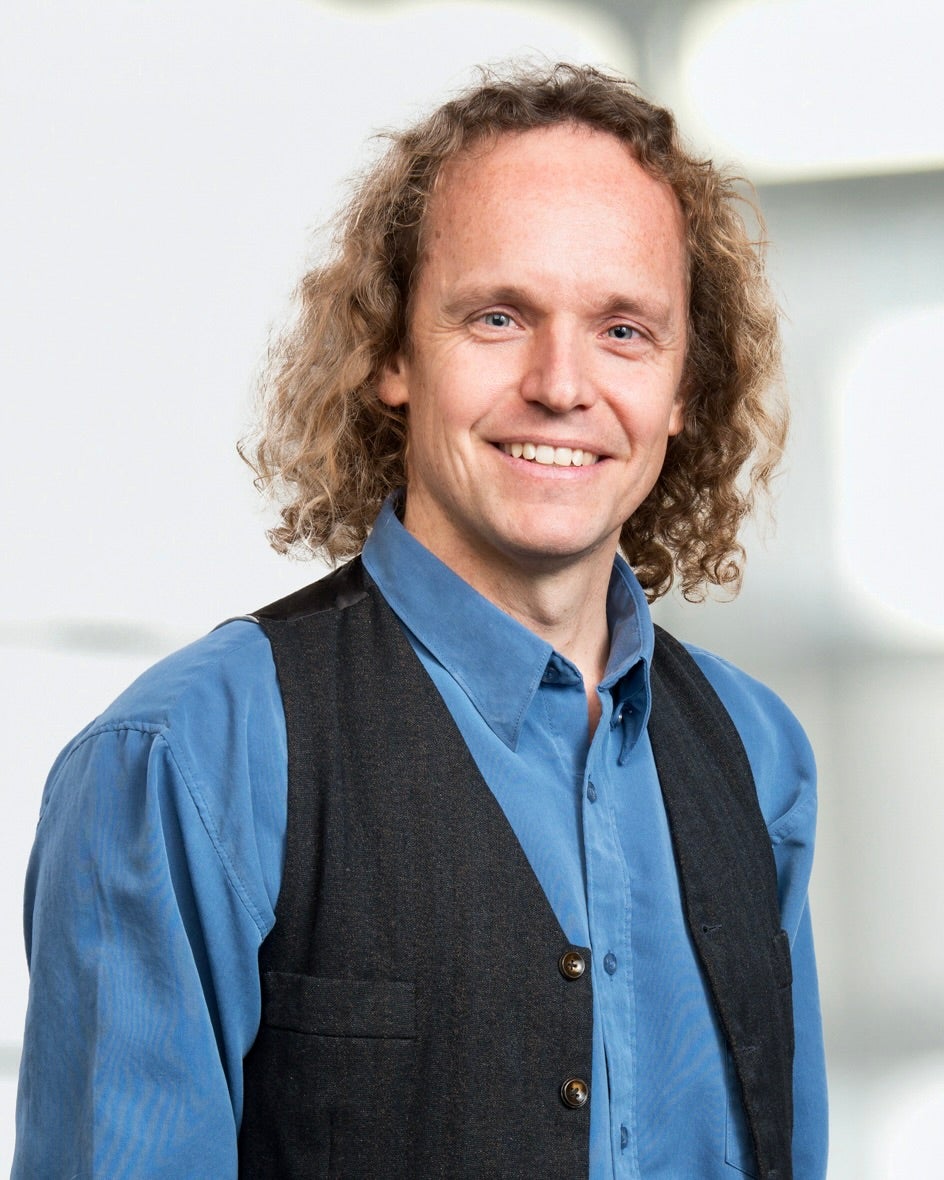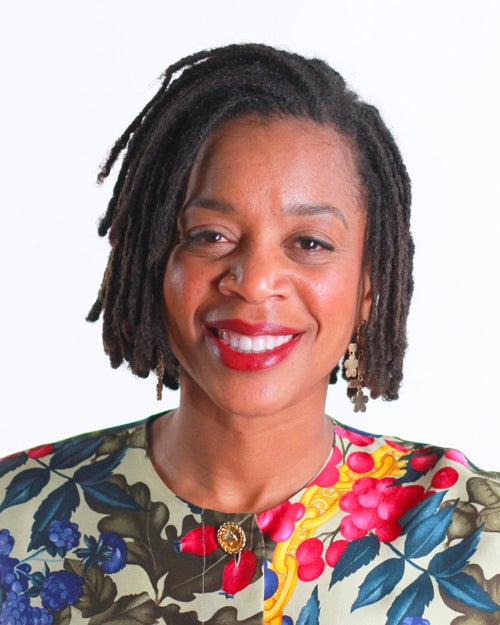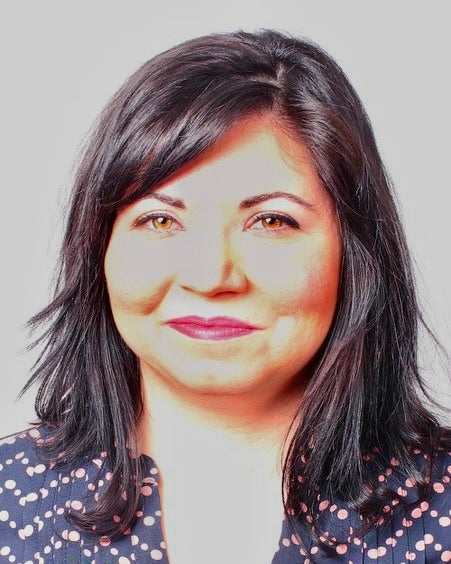Canada Excellence Research Chair (CERC)

Sara A. Hart, Psychology, CERC in Developmental Science (SSHRC)
Dr. Sara A. Hart will hold the Canada Excellence Research Chair (CERC) in Developmental Science, based in the Department of Psychology. Hart is one of two new CERCs at Waterloo and among 34 new holders of the chair across Canada. She joins Waterloo as a full professor in spring 2024.
Hart is an expert in developmental psychology who is at the forefront of using precision education to understand how and why some children struggle to learn to read and do math. Her innovative research program uses cross disciplinary approaches, cutting-edge statistical methods, and open scientific practices. As the CERC in Developmental Science, Hart will apply genomics in educational settings to specify how genes and contexts work together to result in a reading and mathematically competent individual.
As a chair, Hart will advance research in precision education, a contemporary approach to tailor education to the specific characteristics of the individual student. The precision education approach is an ideal way to classify and treat learning disabilities and can be used as a framework for how we study children in classrooms to inform the everyday practice of education.
Canada Research Chairs (CRC)

Talena Atfield, History, CRC in Tentewatenikonhra'khánion (We Will Put Our Minds Together) - (SSHRC Tier 2)
The goal of this CRC program is to contextualize life at Ohswé:ken (Six Nations) during the first quarter of the 20th century for the purpose of regenerating cultural practices using information collected by F.W. Waugh between 1900 and 1924. This goal will be met through analysis and interpretation of archival, linguistic, photographic, and material culture, through community-led interviews and talking circles.
During the first quarter of the twentieth century, the traditional hereditary system was the primary form of governance in Ohswé:ken and associated traditions and practices were alive and well. Salvage collecting, the rapid and aggressive extraction of Indigenous cultures, peaked during this time. Researchers were sent to acquire as much information about Indigenous cultures as possible before practices vanished along with Indigenous Peoples. This resulted in the extraction of vital information and materials from communities and contributed to the fracturing and loss of traditional practices. While many traditional practices remain intact at Ohswé:ken, others have been lost or modified over time.
This CRC will promote the regeneration of fractured or lost practices by bringing material and archival collections back into community circulation for a contemporary audience. The regeneration of cultural knowledge is proven to promote and increase well-being in Indigenous communities. This is particularly true in communities that are living with historical unresolved grief resulting from colonial interference. While Ohswé:ken maintains strong connections to past practices, the continuous extraction and subsequent publication of misinformation has contributed to a communal sense of historical unresolved grief.
This CRC will encourage multi-disciplinary (community-led, history, anthropology, museum studies, and language studies) engagements with extracted Hodinohso:ni cultural histories and knowledges and contribute to the regeneration of important cultural practices within the community. This project aims to Indigenize collections by prioritizing community narratives that bring the past into dialogue with the present and the future. Most importantly, this CRC will facilitate the interpretation, development, and sharing of information using Hodinohso:ni knowledge systems in ways that respect and honour Hodinohso:ni traditions and protocols, while decentering colonial authoritative narratives.

Andrew Bauer, School of Accounting and Finance, CRC in Taxation, Governance and Risk (SSHRC, Tier 2)
There’s an old saying that only two things in life are certain: death and taxes. No one looks forward to either. But what if paying corporate tax is not really as bad as it seems? What if company shareholders could reasonably assess the risks of paying additional taxes before they occur? Dr. Andrew Bauer, Canada Research Chair in Taxation, Governance and Risk, explores the answers to these and related questions through his research.
Despite the government’s perceived adversarial enforcement role in Canada’s financial system, it also has a monitoring role that can protect shareholders from managers seeking more than their fair share of profits. Bauer uses data on tax audit rates and company-specific stock price crashes to validate whether stricter government tax enforcement improves the financial wellbeing of shareholders.
Bauer also examines whether co-operative forms of tax audits— where companies volunteer to share information with the government—benefit shareholders more than traditional tax audits. These co-operative processes improve tax compliance, but they may also improve company performance and reduce the risk of stock crashes.
In addition, Bauer is analyzing whether firm-specific information can predict future tax settlement payments. This data can provide shareholders with a means to assess their risks and rewards ahead of time, leading to fewer negative surprises.
Bauer’s research has real implications for how shareholders should view the governance role of tax compliance, and the potential benefits of information sharing. His findings can also be used by shareholders to identify downside tax risk, evaluate how firms manage it, and help in their assessments of firm risk.

Dillon Browne, Psychology, CRC in Child and Family Clinical Psychology (SSHRC, Tier 2)
Children’s emotional and behavioural functioning influences—and is influenced by—how families get along. Unfortunately, many families suffer adverse experiences that affect members’ relationships and mental health. These experiences can include physical abuse, neglect, violence, substance abuse, mental illness, parental incarceration, poverty and divorce. A higher number of such experiences are linked to poorer child outcomes. As well, family relationships tend to be more hostile and less sensitive in such settings.
To date, most research in child and family psychology has focused on one child or relationship system per family. But families are complex, and approaches to understanding and helping must account for this. Dr. Dillon Browne’s research expands the focus of study to entire families.
As Canada Research Chair in Child & Family Clinical Psychology, Browne uses a unique combination of laboratory methods, population surveys, intervention research and community partnerships to deepen our understanding of how adversity affects whole-family relationships and child development. He and his research team are also developing evidence-based treatments for whole families that struggle with the consequences of stress. They are applying and evaluating relationship-based approaches to child psychotherapy and family therapy while adapting existing community mental health interventions to whole families.

Alana Cattapan, Political Science, CRC in the Politics of Reproduction (SSHRC, Tier 2)
Reproductive autonomy refers to a person’s meaningful capacity to decide whether, when and how to have children. As Canada Research Chair in the Politics of Reproduction, Dr. Alana Cattapan is trying to determine how law and public policy support or limit reproductive autonomy.
Cattapan and her research team are carrying out this research through a group of inter-related projects organized around three main objectives. First, they want to theorize “reproductive policy regimes,” particularly in the Canadian context. They also hope to produce empirical data that will expand our knowledge of reproductive autonomy in Canada. Finally, they are working to build research capacity for the study of reproduction in the social sciences and humanities.

Chris Eliasmith, Philosophy, CRC in Theoretical Neuroscience (NSERC, Tier 1)
Our brains can outperform the best computers at recognizing faces, controlling sophisticated movements and learning about the environment—but we still do not know why. Enter Dr. Chris Eliasmith, Canada Research Chair in Theoretical Neuroscience, who is developing a mathematical theory to help understand how brains process information.
Eliasmith hopes to apply his theory to a wide variety of systems in specific parts of the brain. He is doing so by building biologically-realistic models that are involved in perception, motor control and several aspects of cognition.
The models will pave the way for a much deeper understanding of how the many parts of the brain work together.
That deeper understanding of the inter-relatedness of the brain will also lead to better understanding of forms of brain damage and unhealthy brains. In both Parkinson’s disease and addiction, a core brain system malfunctions. Eliasmith’s research will help understand precisely how the brain system breaks down.
Eliasmith’s work may not only lead to a better understanding of how the healthy brain can perform its dazzling array of tasks, but also of how damaged or diseased brains may be sped along the road of recovery.

Lai-Tze Fan, Sociology and Legal Studies, CRC in Technology and Social Change (SSHRC, Tier 2)
Dr. Fan is examining the benefits and risks of rapidly developing artificial intelligence (AI) technologies. By investigating the design of sexist, racist, and classist AI voice assistant software, racist facial recognition systems, and exploitative AI hardware production, she will identify how AI produces human experiences that reinforce social inequalities. In response, Dr. Fan will create equitable human-AI experiences that improve on those designed by "Big Tech" companies (e.g. Apple, Google). The outcome will be to improve AI design practices of researchers, industry, and practitioners for greater EDI (equity, diversity, and inclusion) outcomes.
Through the Unseen-AI Lab, Dr. Fan will contribute a novel, multidisciplinary approach that stops inequitable AI at their stages of design and production. Using advanced infrastructure such as AI-compatible computers, 3D scanners, and VR headsets, she will collaborate with experts in technological design to create toolkits for equitable AI assistant software, racially diverse resources for face recognition, and experiential VR representations of hardware production. Dr. Fan's goal is to encourage EDI-enhanced change in AI design and to improve technological literacy. She will do this by engaging with key audiences (including AI designers, practitioners from amateur to expert levels, and everyday AI users in Canada and abroad), and by seeking meaningful policy changes through decision makers in government and industry.

Naila Keleta-Mae, Communication Arts, Race, Gender and Performance (SSHRC Tier 2)
Research on Black freedom has the potential to re-orient the field of Black studies toward how Black artists and intellectuals use the idea, experience and expression of freedom to respond to oppression and assert their agency to combat it. As Canada Research Chair in Race, Gender and Performance, Dr. Naila Keleta-Mae aims to create a body of artistic work that contributes to Black expressive culture and Black studies by examining what Blackness and freedom mean in the 21st century.
She and her research team are studying how Blackness and freedom are imagined in Black expressive culture. They are also creating new artistic works in fiction, video, music and theatre about Blackness and freedom and sharing these works to advance public and academic discourse. By creating these artworks, they aim to demonstrate how Black people exercise agency and assert freedom in the face of various forms of oppression.

Logan MacDonald, Fine Arts, CRC in Indigenous Art (SSHRC, Tier 2)
In 2015, the Truth and Reconciliation Commission (TRC) published its final report on the history and legacy of Canada’s residential school system. Professor Logan MacDonald, Canada Research Chair in Indigenous Art, is responding to the TRC’s calls to action by introducing Indigenous knowledge and arts practice to the teaching of fine arts at the university level.
MacDonald and his research team have three research objectives. They aim to build Indigenous community engagement within the fine arts institutional environment; establish sustainable, long-term institutional access to Indigenous creative leaders; and create space for Indigenous artists and thought-leaders (with or without traditional educational backgrounds) to self-determine artistic and educational leadership in a fine arts institutional context.

Ashley Rose Mehlenbacher, English Language and Literature, CRC in Science, Health, and Technology Communication (SSHRC, Tier 2)
Millennial and Generation Z adults face long-term risks associated with climate change. These generations are keenly aware of these risks, and many are advocating for climate action. Understanding how they perceive climate change-and what strategies they propose to address it-is important not only so we can consider potential solutions, but because these generations represent a significant proportion of Canadian voters.
Dr. Ashley Mehlenbacher, Canada Research Chair in Science, Health, and Technology Communication, is investigating how millennial and Generation Z adults discuss and debate climate change and action. She and her research team are studying how to communicate more effectively about climate science and action, what sources are trusted, and how to combat misinformation and disinformation.

Nicole Nolette, French Studies, CRC in Minority Studies (SSHRC, Tier 2)
Since the 1960s, theatre has been a major creative force in the development of Canada’s official linguistic minorities. But in recent years, new stage technologies such as surtitles (translated lyrics or dialogue projected above a stage or on a screen) have allowed minority theatres to open their doors to spectators outside their traditional communities.
As Canada Research Chair in Minority Studies, Dr. Nicole Nolette is examining how these recent technological changes have influenced French-Canadian theatre and translation practices and how they’ve been portrayed within theatre productions. Her theory is that while the use of technologies by minorities is a sign of today’s more globalized market, it also allows them to better define themselves and close the gaps between prestige and authenticity, minority and majority, local and global.
Through fieldwork and archival research in Toronto’s French-language theatres, Nolette and her research team will observe the transition of paper- and performance-based modes of translation to multilingual, multimedia productions. They will also combine empirical research on minority theatre infrastructures across Canada with an in-depth look at how these theatres represent past, present and future societies. Nolette and her team will also compare other minority and majority practices across the country to better understand them in the context of the globalization of artistic practices.
Ultimately, Nolette seeks new insights into the minority condition—a condition that is increasingly common in contemporary societies and that touches on a series of important questions, such as the expression of individual and collective identities, national linguistic policies and globalization.

Katherine (Kate) Ratliff, Psychology, CRC in Intergroup Attitudes - (SSHRC Tier 1)
Intergroup attitudes—how people think and feel about their own and others’ social groups—influence health, education, justice and social cohesion in Canada. As Canada Research Chair in Intergroup Attitudes, Dr. Katherine Ratliff is investigating how institutional and public policies shape these attitudes, potentially heightening or reducing conflict between different groups.
Their work assumes that laws and policies signal who and what a society values, affecting how people perceive and feel about different groups. Ratliff and her research team are creating a responsive database to track Canadians’ public policy views and intergroup attitudes. They are also developing a new theoretical model to explain when, why and how policy changes lead to shifts in social attitudes. This work will provide tools and evidence to inform policy-makers, journalists and educators, ultimately supporting more equitable and inclusive policy decisions.
University Research Chairs
- Lennart Nacke, Stratford School of Interaction Design and Business
- Roy Brouwer, Economics
- Andrew Cooper, Political Science
- Eric Helleiner, Political Science
- Suzan Ilcan, Sociology and Legal Studies
- Marcel O’Gorman, English Language and Literature
- Barbara Schmenk, Germanic and Slavic Studies
- Winfried Siemerling, English Language and Literature
- David Welch, Political Science
Endowed research chairs
- James Diamond, Religious Studies. Joseph and Wolfe Lebovic Chair in Jewish Studies
- Carla Fehr, Philosophy. Wolfe Chair in Scientific and Technological Literacy
- Shana MacDonald, Communication Arts, O’Donovan Chair in Communication Across the Disciplines
- Ann Marie Rasmussen, Germanic & Slavic Languages. Diefenbaker Memorial Chair of German Literary Studies
Other research chairs
- Tao Chen, Economics. Sponsored Research Chair
- Eric Helleiner, Political Science. Faculty of Arts Chair in International Political Economy
- Bruce Muirhead, History. Egg Farmers of Canada Research Chair in Public Policy
- Jennifer Saul, Philosophy, Waterloo Chair in Social and Political Philosophy of Language